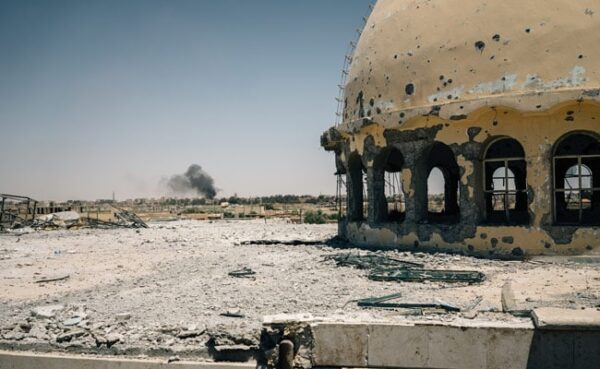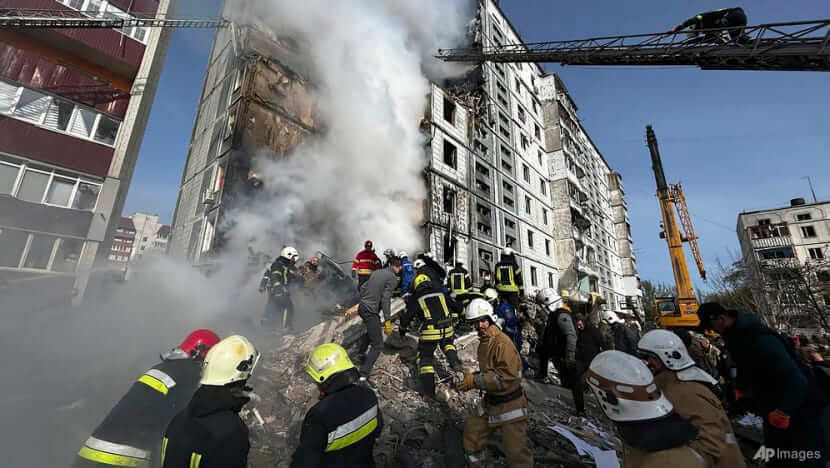The main Afghan universities have been reopened six months after the Taliban returned to power, but only drops of women returned to the class are now separate.
Most secondary schools for girls and all state universities are closed after takeover of August 15 Taliban, sparking female worries will be banned from education – as happened during the first Taliban government, from 1996-2001.
The Taliban insisted they would allow girls and women to be educated this time – but only in separate classes and in accordance with the Islamic curriculum. Classes for male and female students will be carried out at different times, according to Tolonews.
I am happy that the university continues … We want to continue our studies,” said an English department who asked to be identified only as Basira.
But he said there was a lack of lecturers, added, “Maybe because some have left the country.”
Tens of thousands of Afghans left the country, among them teachers, after the collapse of the government of the Prime Minister supported by West Ashraf Ghani following the Taliban fighters’ parade in the Capital Kabul in mid-August.
Some public tertiary institutions in the south of the country were continued last month, but at the University of Saturday Kabul, the oldest and largest with the body of students around 25,000 years ago, reopened without figure – and some students present.
At least 19 universities and educational institutions reopened, reported Kabul-based ToloNews to quoted the Ministry of Higher Education.
Basira said there was a “some difficulty” – including students scolded by the Taliban guard to bring their cellphones to class.
They don’t behave well with us … they are rude,” he said.
Other English students, Maryam, said only seven women attended her class.
Before we were 56 students, boys and girls, “he said.
The Taliban Guard refused access to journalists to a vast campus and did not allow the media team to linger near the entrance.
A similar picture emerged from campus throughout the country, even though there were no students who returned to class at Panjshir University.
I don’t know whether they will come tomorrow, or the day after, or not,” said Professor Noor-Ur-Rehman Afzali.
Panjshir was the last province to fall to the Taliban last year, and Jaber Jibran, the head of the faculty, said some classrooms were destroyed in the battle still not yet repaired.
Taliban had said earlier that female students had to wear black abaya over their bodies and headscarves in their heads, but stopped insisting on the all-round burqa which included mandatory during their previous government.
However, some students, dressed appeared no different on Saturdays than they had before the Taliban took over, with a simple scarf that covered their heads.
I have never used a hijab before … this is only for me,” said Sohaila Rostami, a biology student in his last semester at Bamiyam University.



